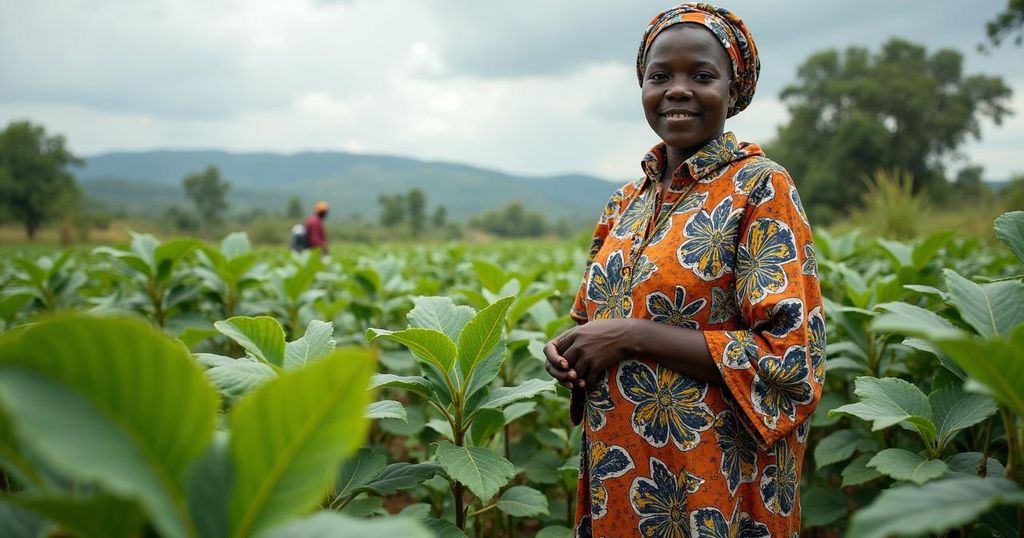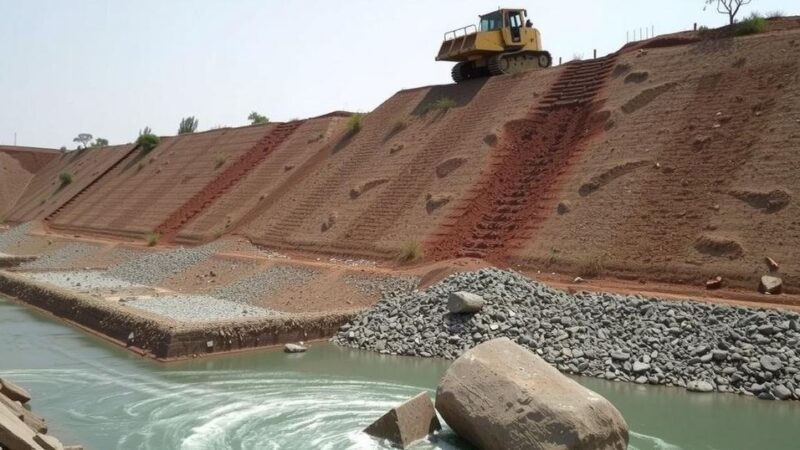The African Development Bank has approved a grant of $34.8 million to enhance climate resilience in Malawi and Zimbabwe. This funding aims to improve disaster risk management capacity, financial protection against climate-related disasters, and adoption of crop insurance to safeguard vulnerable communities from climate hazards. The initiative supports the broader objectives of food security and economic diversification in both nations.
The African Development Bank (AfDB) has recently sanctioned a grant of $34.8 million to bolster climate resilience in Malawi and Zimbabwe. This financial support aims to reinforce the capacity of vulnerable communities to deal with climate-related disasters. The initiative falls under the Bank’s Africa Disaster Risk Financing (ADRiFi) program, which encompasses a project aimed at enhancing institutional capabilities for preparedness and management of climate risks in Southern Africa. The primary objectives of this initiative include augmenting financial measures against climate-induced disaster risks through sovereign climate disaster risk transfer and advocating for the adoption of index-based crop insurance to mitigate drought effects and other agricultural production risks. Both Malawi and Zimbabwe currently suffer from insufficient mechanisms for managing climate risk and adapting to prevalent hazards such as droughts, tropical cyclones, and flooding. It is crucial to enhance disaster risk management frameworks, advance early warning systems, and improve institutional arrangements to foster effective preparedness and resilience in these nations, as emphasized by the Bank. The project intends to facilitate timely insurance payouts to alleviate financial losses from climate disasters, thus protecting households and businesses from potential economic deprivation. The expectation is that access to climate risk insurance will foster behavioral shifts among recipients, leading to increased investment in sustainable livelihoods and savings for future insurance needs. Furthermore, the project builds upon the successes of the ADRiFi program and the contributions of its partners, which have considerably improved the financial resilience of both countries. A notable instance of effective intervention occurred during the 2024-2025 drought season induced by El Niño, during which African Risk Capacity, a partner of ADRiFi, allocated over $45 million to assist drought-affected farmers, providing essential food aid and recovery assistance to the impacted communities. This initiative aligns with the African Development Bank’s strategic priorities, particularly in enhancing food security in Africa and improving the quality of life for its citizens, as well as dovetailing with the Bank’s ten-year strategy of 2024-2033. Moreover, it supports the economic diversification efforts in Malawi through investments in agricultural infrastructure and value chains.
The impacts of climate change are becoming increasingly evident, particularly in vulnerable regions such as Southern Africa, where Malawi and Zimbabwe face severe risks from droughts, flooding, and other climate-related disasters. These adverse conditions threaten food security and the livelihoods of millions. The African Development Bank aims to address these challenges through comprehensive risk financing strategies that ensure communities are better prepared for, and can recover more effectively from, climatic shocks.
In summary, the African Development Bank’s approval of $34.8 million in grants to support climate resilience in Malawi and Zimbabwe represents a significant step toward enhancing the capacity of these nations to cope with climate-related risks. Through the ADRiFi initiative, critical financial protections will be instituted, which not only aim to mitigate the immediate impacts of disasters but also promote sustainable development initiatives that will empower communities to invest in their futures. This project reflects a strategic alignment with broader goals of improving socio-economic conditions and food security in the region.
Original Source: www.reinsurancene.ws







